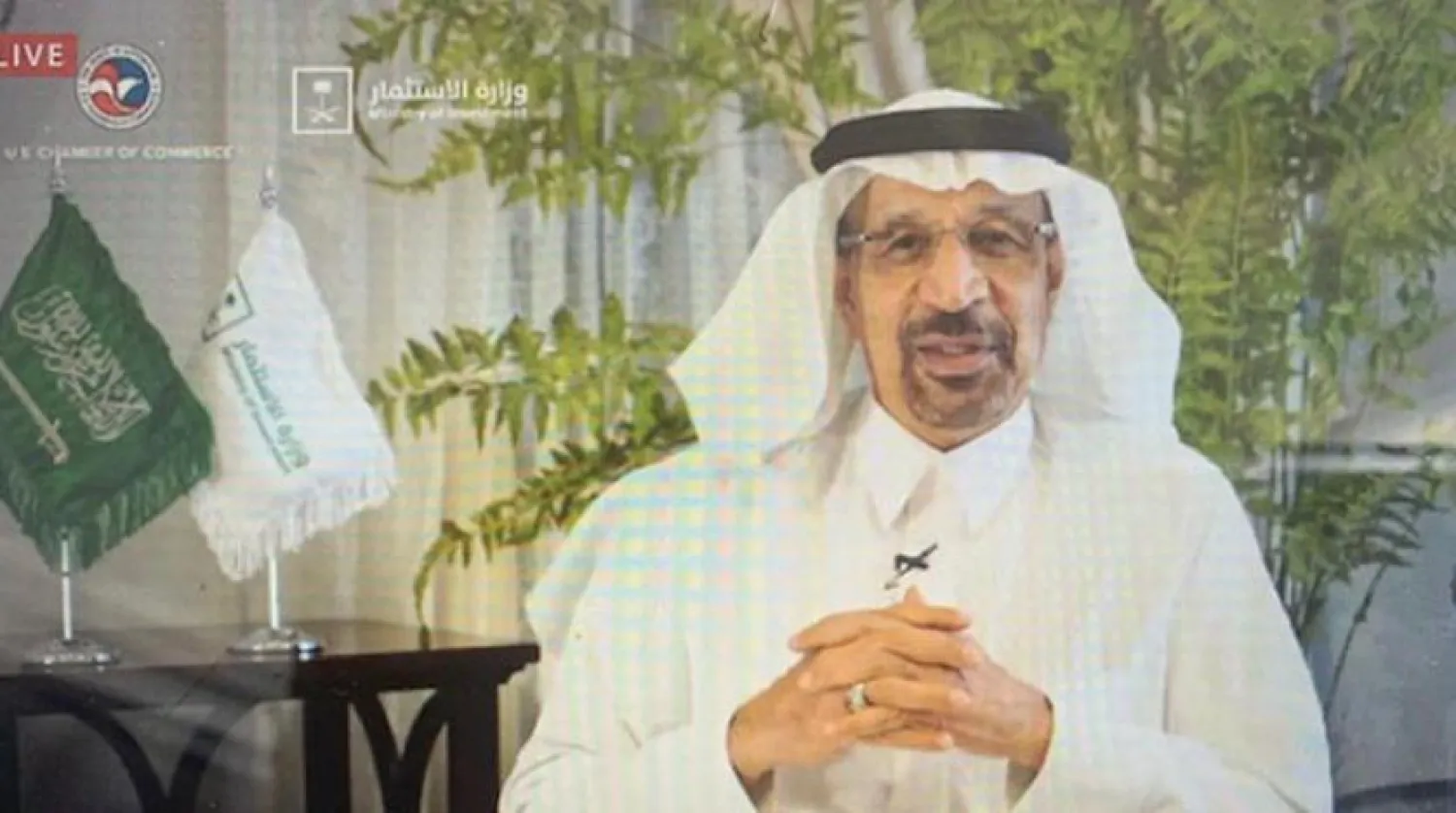Saudi Investment Minister Khalid al-Falih revealed that the Kingdom’s infrastructure and transportation sectors are seeking to attract around $420 billion in foreign investments over the next decade.
Speaking at the US-Saudi Arabia Business Leaders 2021 Virtual Forum, a two-day event organized by the US Chamber of Commerce in Washington, Falih said his country offers a variety of opportunities across different sectors that are attractive for US investors.
According to Saudi Arabia’s national plan for transformation and economic diversification, dubbed “Kingdom Vision 2030,” foreign investments in the Gulf state are projected to reach $3 trillion.
Reaffirming that the Saudi economy enjoys a great resistance ability against challenges posed by the coronavirus pandemic, Falih said that authorities in the Kingdom have taken effective measures that increased foreign investments by 40%.
The minister confirmed that work in the Kingdom is underway to achieve social and economic transformation outlined by Kingdom Vision 2030.
He highlighted that Saudi Arabia is committed to becoming carbon neutral and that it wants to derive 50% of its electricity from renewables by 2030.
Falih revealed that the Kingdom is looking to establish and develop partnerships with green energy companies in the US.
He also stressed that great investment opportunities are present in the Kingdom’s mining field. Saudi Arabia aims to attract investments worth $1.3 trillion to its mining sector after it completes implementing new regulations designed to boost transparency.
In the field of logistics, Falih pointed out that the Kingdom seeks becoming a major player in the field of investment in infrastructure and the development of ports and railways.
He reaffirmed the Kingdom has a goal of attracting $420 billion worth of investments in its infrastructure development sector over the next decade.
As for tourism and entertainment, Falih highlighted the vast opportunities offered by the Kingdom’s future smart cities, which aim to raise $200 billion in investments.









